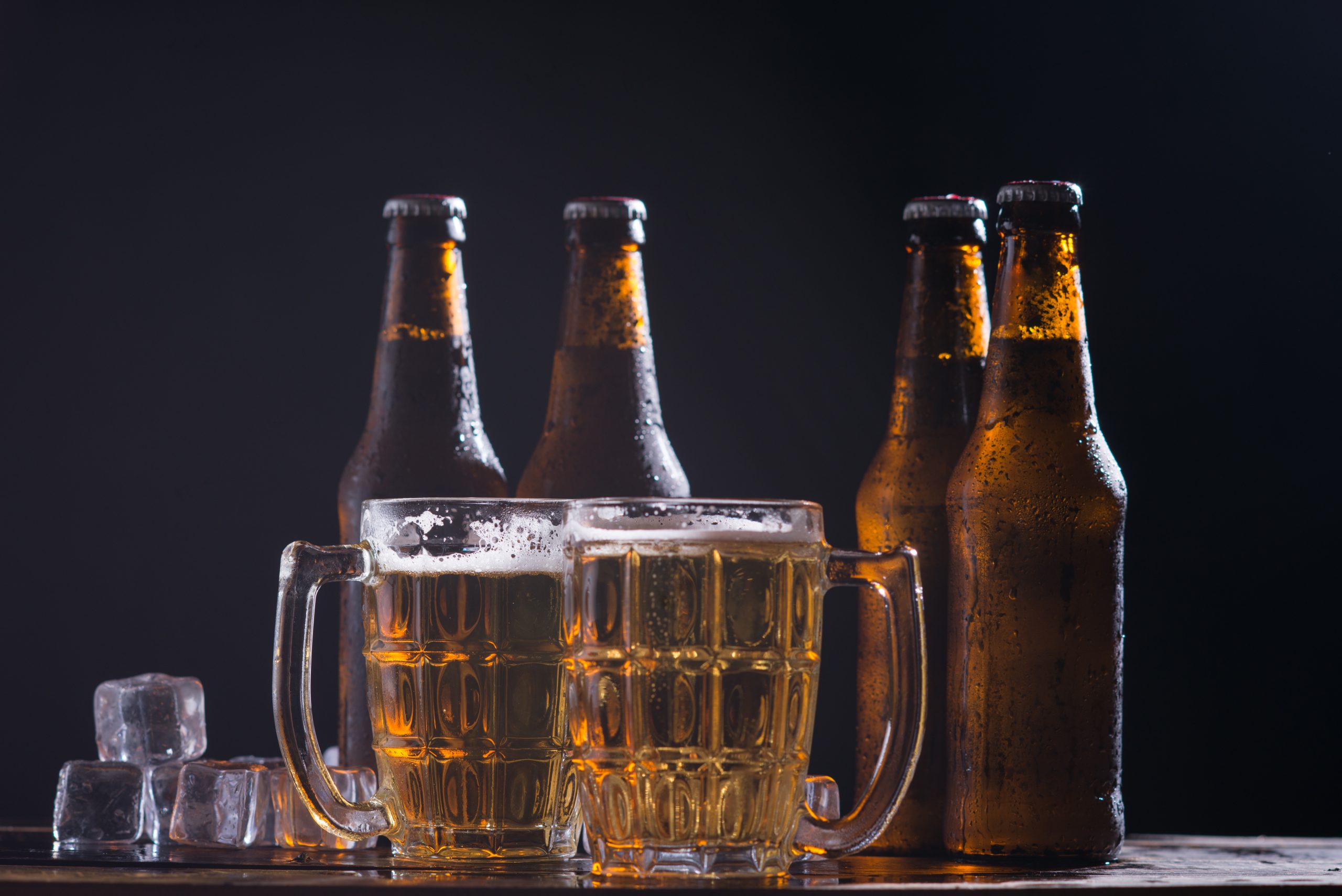Did you know that the social distancing restrictions and economic hardships that have come with the COVID-19 pandemic have Australians drinking more alcohol than ever? While it is easy to rely on alcohol during times of stress and anxiety, or just in leading an active social life, there are major risks involved. We’re breaking down a few of the health benefits of drinking less alcohol.
Pre-coronavirus statistics show that 1 in 6 Australians were consuming alcohol at levels that could place them at risk of an alcohol-related disease or injury. New research by the Foundation for Alcohol Research and Education (FARE) found that during the pandemic, 70% of Aussies said that they were consuming more alcohol than usual, with one third of population drinking daily now.
What is considered a moderate consumption of alcohol?
The moderate consumption of alcohol for adults is determined by the National Health and Medical Research Council. Their current recommendations are that adults should not consume more than 10 standard drinks per week, and no more than 4 standard drinks per day. While sticking to these guidelines will reduce your risk of alcohol-related harm, the less you drink the lower your risk of developing adverse health outcomes. For some, not drinking at all is the best option. It, of course, goes without saying that children, teenagers <18yo, and pregnant women should not consume alcohol at all.
This is what a standard drink should look like:
- 100 ml wine
- 285 ml full-strength beer
- 60 ml port or sherry
- 30 ml spirits
What are the health risks of excessive alcohol consumption?
Excess alcohol is a major risk factor for mortality, illness and disability. It is also considered a significant burden of disease worldwide. In the World Health Organisation’s Classification of Disease, you will find more than 30 conditions with alcohol listed as an underlying cause.
Short-term health effects include accidental or deliberate injury to oneself or others, alcohol poisoning, hangover and dehydration and road accidents. Adverse long-term effects include impaired mental health with an increased risk of suicide, cognitive decline, addiction, fertility issues, brain damage, liver disease and pancreatic disease. It also increases your risk of developing or worsening chronic diseases such as diabetes, obesity, cardiovascular disease, infectious diseases and cancers, especially stomach, bowel and breast cancer.
What are the health benefits of drinking less alcohol?
1. Weight loss
Alcohol contains empty calories. This means that it is energy dense and does not contain any beneficial nutrients. It’s also very easy to overconsume alcohol without realising that you are doing so. Cutting back on drinking is one of the easiest ways to reduce your intake of unnecessary calories.
2. Better sleep
While it may feel like alcohol helps you to fall asleep faster, your quality of sleep will suffer. It prevents you from getting deep, restorative sleep. Reducing your alcohol consumption, especially close to bedtime, will help improve your sleep quality, leaving you feeling more rested.
3. Increased energy
Now that you’re getting better-quality sleep, you may notice an increase in your energy levels!
4. Improved mental health
Although it feels like a glass (or two) can take the edge off after a long day, alcohol is a depressant drug. Over time, it can increase feelings of depression, anxiety and stress. Hello, hang-xiety!
5. Better brain function
Alcohol not only affects your brain while you’re under the influence, but it can also lead to long-term cognitive decline. Reducing alcohol consumption can improve cognitive outcomes as you age, and lead to better focus and concentration.
6. Lowered risk of disease
The risk of all the diseases we listed in the previous section are associated with excess alcohol consumption. When this is reduced, so is your risk for disease.
You don’t have to go teetotal, but reducing your alcohol consumption can dramatically improve your quality of life and your overall health. As you may or may not know, Dry July is coming up next week! Our own Chloe McLeod is a proud ambassador for them. Head to the Dry July website to find out more about this awesome initiative, and while you’re at it, jump over to Awesome Source too! They are a female-founded start-up who create non-alcoholic G&Ts that are just seriously so good you won’t even realise you’re missing the gin!
Looking for more nutrition advice? Book a consultation with one of our expert dietitians.

